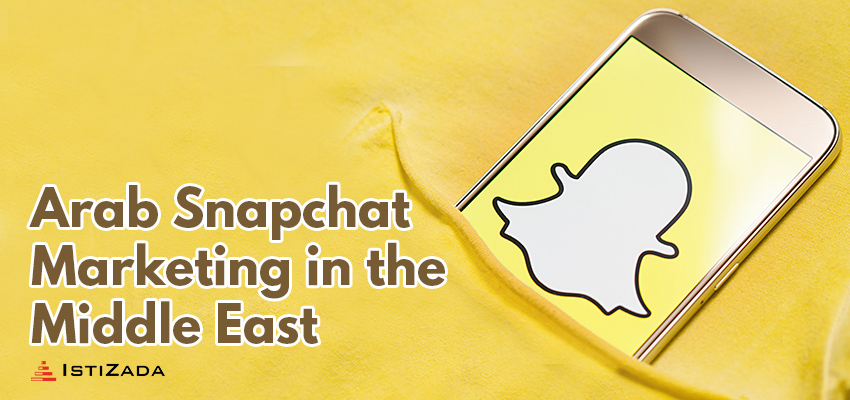Saudi Arabia National Day Marketing
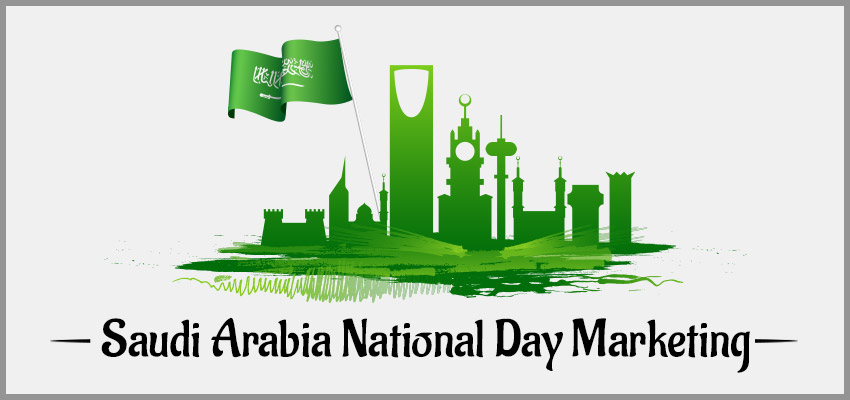
What and When is KSA National Day?
Prior to what we know today as Saudi Arabia, the Kingdom of Nejd and Hejaz was a monarchy made up of tribal groups across the Arabian Peninsula, each with individual systems of governance and rulers. In the early 20th century, the ruler of Nejd, King Abdul Aziz (Ibn Saud in Arabic, or “son of Saud'' in English) - set out to unify his ancestral land. Nearly 30 years after this initial goal, he and his armies successfully conquered these diverse Bedouin groups, sultanates, minor kingdoms, and emirates from the Red Sea to the Persian Gulf and unified them under his rule. Ibn Saud chose his family name Saud for this new state, Saudi Arabia. As the birthplace of Islam with monumentally significant sites such as Mecca and Medina, Saudi Arabia has historically limited its national celebrations to religious holidays such as Eid el Fitr, Eid al Adha, and the Hajj. However, in 2005, King Abdullah of Saudi Arabia decreed that September 23 was to become an official, annual holiday for the country starting for the country’s 75th anniversary in 2007. This was a monumental step in building nationalism and establishing a strong Saudi identity. (more…)Arabic Logos of Big Global Brands
One of the key factors to marketing success in the Middle East is understanding and relating with an Arab audience. Given that Arabic is the main language of more than 300 million people it is essential that a brand figure out when and how to localize their logo into the Arabic language to be effective in the region. It is important that the Arabization of a brand’s logo and name be done in a way that is both easy to read in Arabic while maintaining the overall theme and colors that the brand has in English. In this post we will give examples of some big brands that have done a great job at localizing their logos in an easy to read format while maintain the branding.
Subway
 Subway has gained huge popularity in the Middle East and you can now find the franchise across many of the countries in the GCC, the Levant, and North African. Subway used innovative designers to capture the famous white and yellow logo and flip it around for Arabic. They were even able to incorporate the arrows at the beginning and the end of the logo to give it that truly Subway feel.
(more…)
Subway has gained huge popularity in the Middle East and you can now find the franchise across many of the countries in the GCC, the Levant, and North African. Subway used innovative designers to capture the famous white and yellow logo and flip it around for Arabic. They were even able to incorporate the arrows at the beginning and the end of the logo to give it that truly Subway feel.
(more…)
Arab World Seasonal Promotion Guide
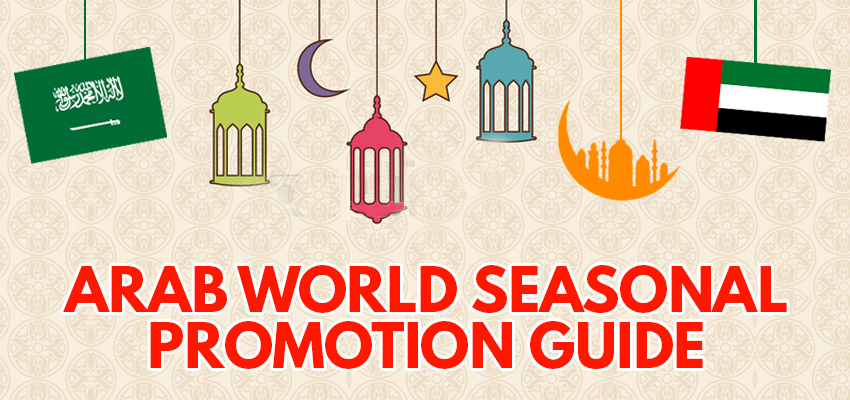 If you’re looking to take your marketing in the Arab world to the next level this post will provide and in-depth look into seasonal marketing opportunities in the Arab world. Feel free to use this post to help you plan out your seasonal promotions to Arab consumers in countries across the in Middle East.
(more…)
If you’re looking to take your marketing in the Arab world to the next level this post will provide and in-depth look into seasonal marketing opportunities in the Arab world. Feel free to use this post to help you plan out your seasonal promotions to Arab consumers in countries across the in Middle East.
(more…)
7 Arabic PPC Ad Mistakes You Must Avoid
Though the world of Arabic PPC is always expanding, many new ad campaigns fail to be effective due to several common mistakes. Any ad campaign run in Arabic needs to be optimized just as an English campaign needs to be optimized. We find many companies try to save money by outsourcing translation of ads or by having Arabic ads run by someone without experience running Arabic PPC campaigns. In most cases we've seen this ends up costing the company much more in wasted ad-spend, than the company saves from not hiring a professional to run the ads. We've literally seen companies waste tens of thousands of dollars on irreverent keywords and targeting in their ad campaigns in an effort to save a small amount on the management side of running ads. We’ve compiled a list of some of the most frequent mistakes we see in Arabic PPC campaigns in the MENA region so you can avoid these pitfalls in your own efforts.
1. Using poorly written or nonexistent calls to action
When creating ads in Arabic, it’s important to utilize similar calls to action, like “buy,” “find,” or “shop.” Without these calls to action, the meaning of the ad can become unclear to the customer. For example, the ad below is for a company that finances Islamic real estate purchases, meaning they provide a specific kind of financing for Muslim customers. The ad was generated while searching for “عقارات لندن” (London real estate) and it advertises mortgage financing. However, the ad’s wording leaves the user without a call to action, opting to instead state the services offered. For a list of Arabic calls to action you should be using, see this article. (more…)
(more…)
Arab Snapchat Marketing in the Middle East – A Guide
A Comprehensive Guide to Arabic Domain Names (ADNs): The rise, fall, and the future
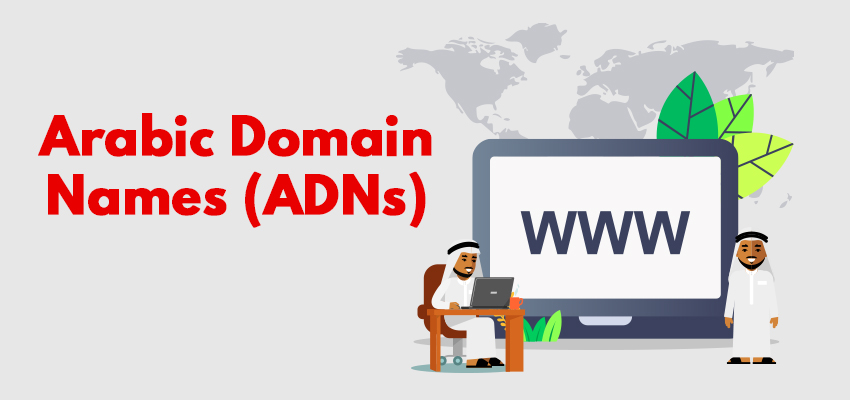 In the business of online marketing in the Middle East, our company frequently receives questions about Arabic domains. How do Arabic domains work? What is their history? And most importantly, does my business need one? Marketers and online business owners need to understand how to effectively answer these questions as they relate to their businesses.
There are many unresolved questions and currently not enough information available on the Internet to answer them. As this is the first real guide that delves comprehensively into this topic, we hope to answer many of the burning questions you may have. (more…)
In the business of online marketing in the Middle East, our company frequently receives questions about Arabic domains. How do Arabic domains work? What is their history? And most importantly, does my business need one? Marketers and online business owners need to understand how to effectively answer these questions as they relate to their businesses.
There are many unresolved questions and currently not enough information available on the Internet to answer them. As this is the first real guide that delves comprehensively into this topic, we hope to answer many of the burning questions you may have. (more…)
Top 25 Social Media Influencers in the Middle East
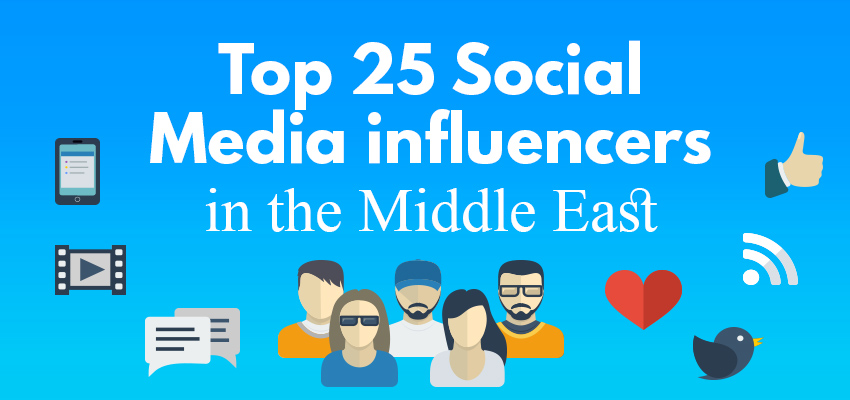 Social media influencers are users of one or more social media platforms who have amassed large followings that are continuously engaged with their content. Coming from a variety of backgrounds - with some of them being reality TV stars, makeup artists, or fitness gurus - they curate and post content that highlights items, hobbies, activities, or places.
Often, influencer posts are sponsored by larger companies who offer payments for the advertising service or offer commissions based on the activity of people who have engaged with the social media posts and then completed the action desired by the company. These actions could include purchasing the advertised product, attending an advertised event or subscribing to a service. (more…)
Social media influencers are users of one or more social media platforms who have amassed large followings that are continuously engaged with their content. Coming from a variety of backgrounds - with some of them being reality TV stars, makeup artists, or fitness gurus - they curate and post content that highlights items, hobbies, activities, or places.
Often, influencer posts are sponsored by larger companies who offer payments for the advertising service or offer commissions based on the activity of people who have engaged with the social media posts and then completed the action desired by the company. These actions could include purchasing the advertised product, attending an advertised event or subscribing to a service. (more…)
Middle East Telecommunications & VOIP Challenges
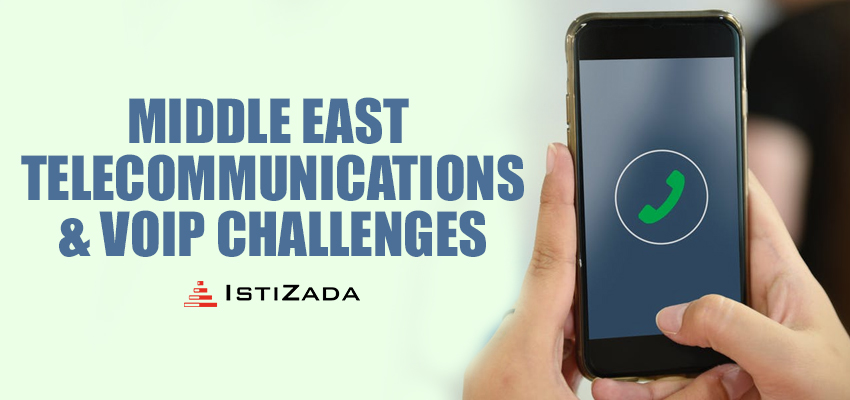 Those who live within the Middle East or have spent time there have no doubt encountered difficulties using internet services to contact people outside the region. In a GCC country, you likely found that calls via WhatsApp, Facetime, and Skype were blocked. Likewise, if you were trying to reach a local in one of these countries, you may have experienced an unusually poor connection due to a short bandwidth.
In general, voice over internet protocol (VoIP) services are completely free or relatively cheap, making them an appealing option in emerging market regions with large expat populations. However, many countries in the Middle East have instated wide-spread VoIP bans which render phone calling features of popular apps such as WhatsApp, Viber and FaceTime inaccessible. These conditions make it expensive and difficult for businesses and individuals to conduct long-distance voice calls.
(more…)
Those who live within the Middle East or have spent time there have no doubt encountered difficulties using internet services to contact people outside the region. In a GCC country, you likely found that calls via WhatsApp, Facetime, and Skype were blocked. Likewise, if you were trying to reach a local in one of these countries, you may have experienced an unusually poor connection due to a short bandwidth.
In general, voice over internet protocol (VoIP) services are completely free or relatively cheap, making them an appealing option in emerging market regions with large expat populations. However, many countries in the Middle East have instated wide-spread VoIP bans which render phone calling features of popular apps such as WhatsApp, Viber and FaceTime inaccessible. These conditions make it expensive and difficult for businesses and individuals to conduct long-distance voice calls.
(more…)
Dropshipping and Fulfillment Options for Ecommerce Sites Targeting the Middle East
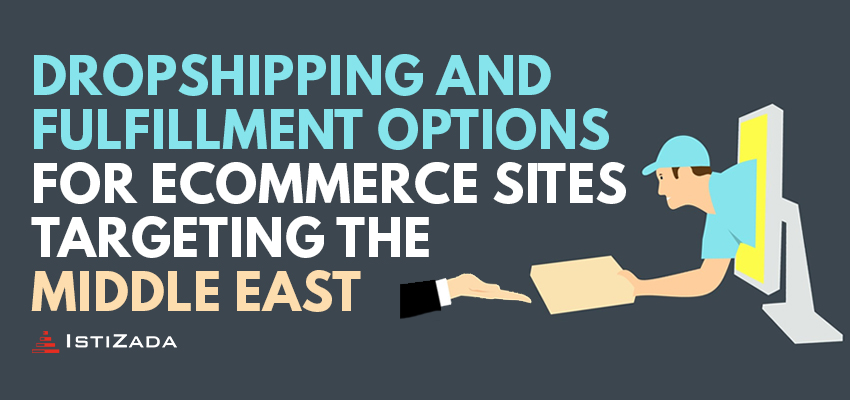
Ecommerce Trends: Shipping and Fulfillment
With more shipping boxes on doorsteps, packages on trucks and products in the air than ever before, the global ecommerce sector is booming - and the Middle East is no exception. According to market trends, more than a quarter of Middle Eastern consumers now shop online every month. 36 percent of shoppers between the ages of 18 and 24 shop online at least once a month, a substantial increase from previous generations. Better pricing, product selection and convenience are often listed by these customers as the reason for selecting ecommerce over traditional brick and mortar purchases. With increasingly more youth than previously in most Middle Eastern countries, these trends are only expected to continue. (more…)Starbucks Middle East Success Secrets – How a US coffee company succeeded in a region already saturated with coffee shops
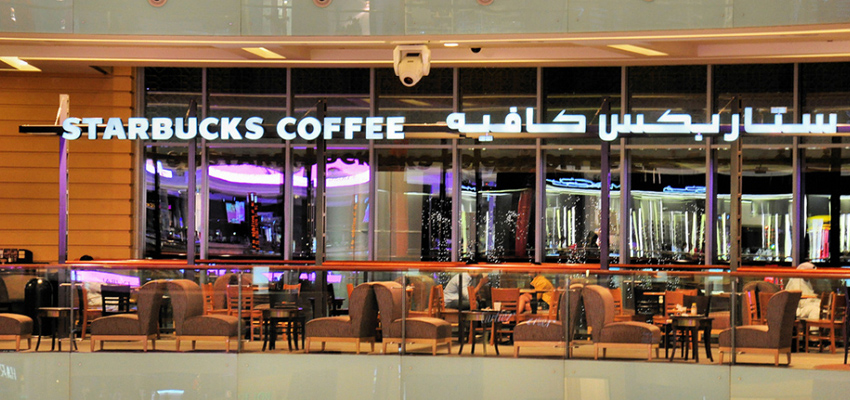 Coffee and coffee shops are an integral part of Middle East culture, with many claiming that the ancient roots of coffee consumption rest in the Arabic-speaking world. A classical Arabic Abd al-Khadir ode to coffee claims it to be “the beverage of the friends of God.” Enter Starbucks, an utterly American Seattle-based coffee chain with over 600 stores in 12 Middle Eastern and North African countries, with a client base that is growing every day, and surging revenue throughout the region. How has Starbucks blended ancient Arabic culture with modern marketing into a delicious success? And why does the Middle East love the Starbucks brand?
(more…)
Coffee and coffee shops are an integral part of Middle East culture, with many claiming that the ancient roots of coffee consumption rest in the Arabic-speaking world. A classical Arabic Abd al-Khadir ode to coffee claims it to be “the beverage of the friends of God.” Enter Starbucks, an utterly American Seattle-based coffee chain with over 600 stores in 12 Middle Eastern and North African countries, with a client base that is growing every day, and surging revenue throughout the region. How has Starbucks blended ancient Arabic culture with modern marketing into a delicious success? And why does the Middle East love the Starbucks brand?
(more…)
